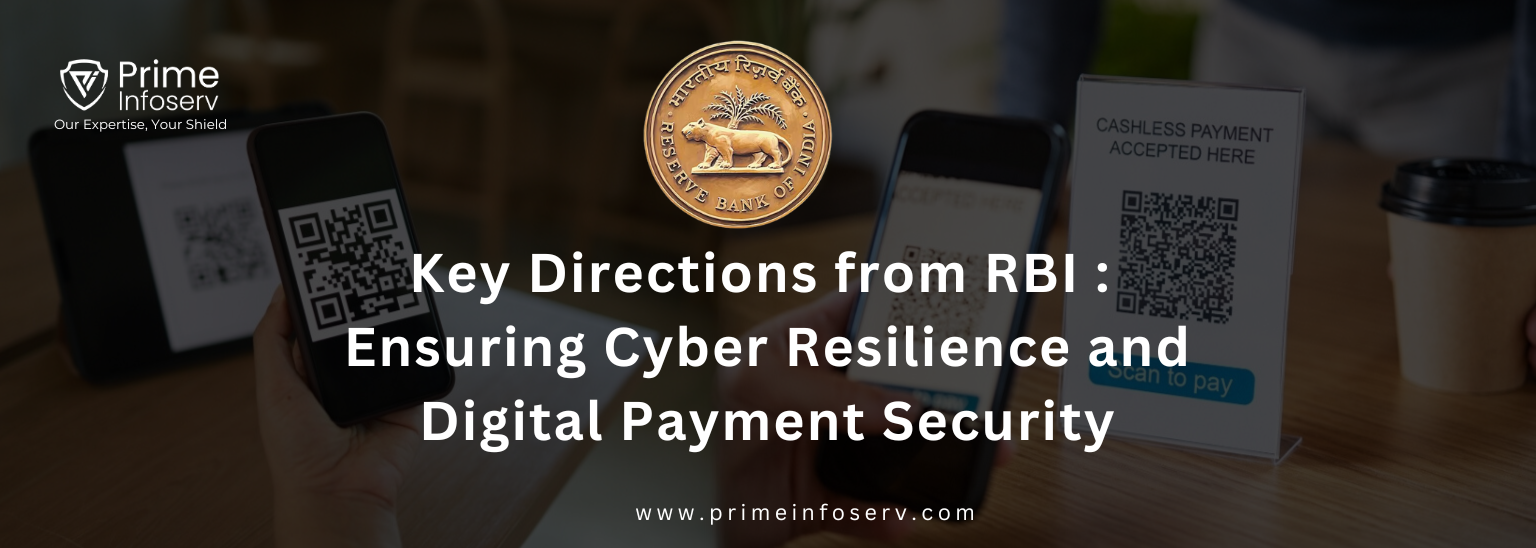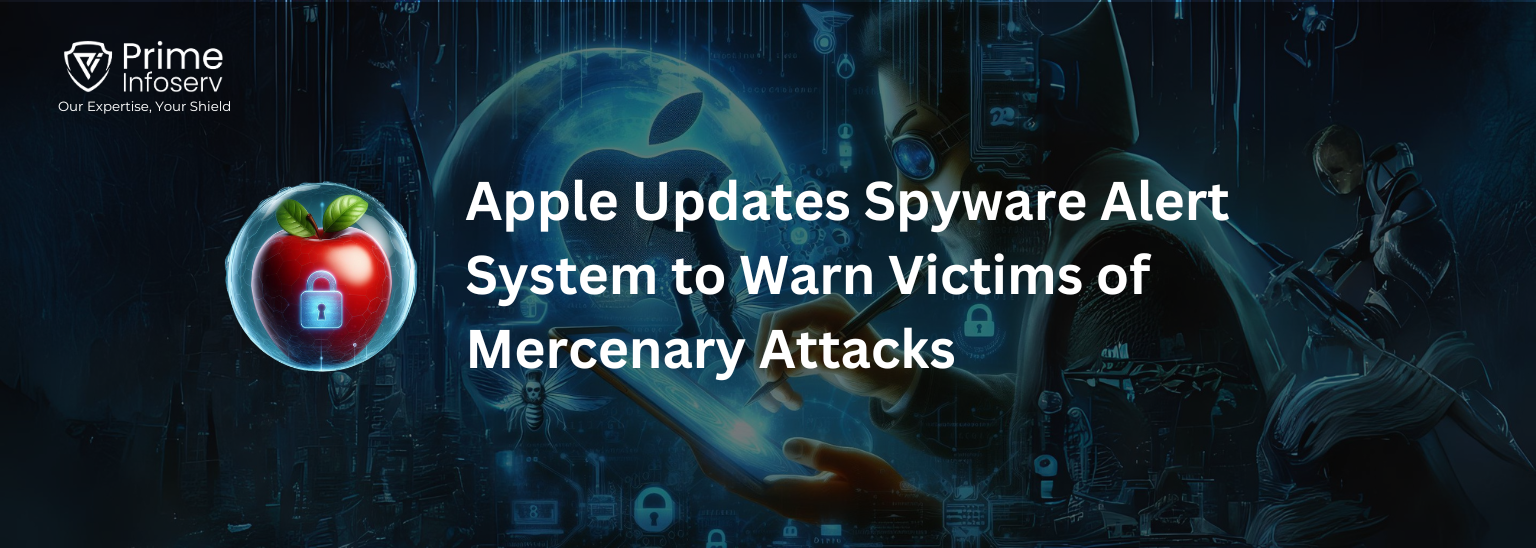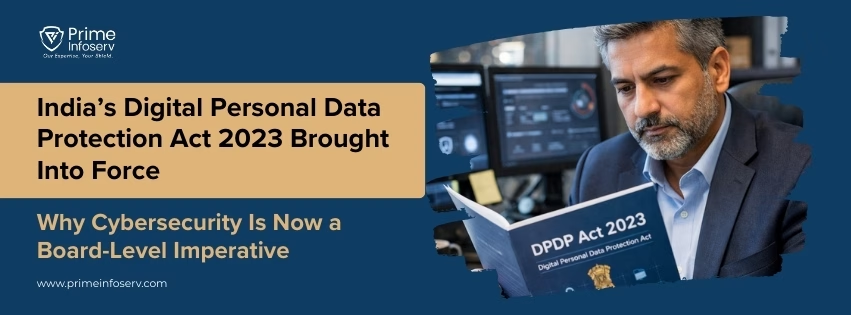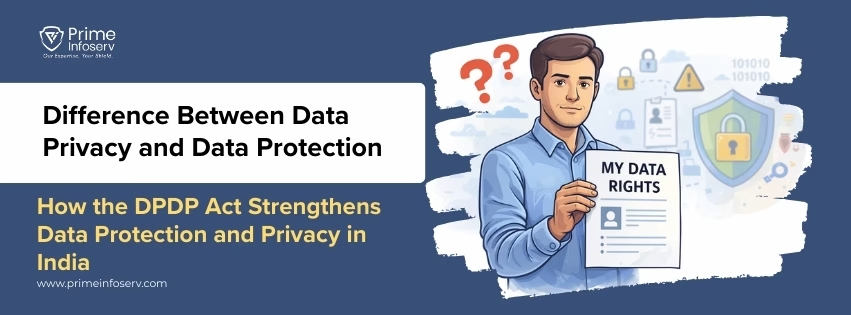In today’s rapidly evolving digital landscape, ensuring the security and resilience of payment systems is paramount. Recognizing this critical need, the Reserve Bank of India (RBI) has issued the “Master Directions on Cyber Resilience and Digital Payment Security Controls for non-bank Payment System Operators.” These directions, effective from their publication date on the RBI website, aim to fortify the cybersecurity framework of non-bank Payment System Operators (PSO like NPCI, Visa, Google Pay etc. The RBI’s new guidelines enhance cybersecurity, including governance controls, baseline security measures, and digital payment security. Key areas: quarterly security reviews, strict access controls, vendor compliance, and incident response plans.
Compliance Deadlines:
• Large PSOs: By April 2025
• Medium PSOs: By April 2026
• Small PSOs: By April 2028
These measures strengthen digital payment infrastructures against cyber threats.
Here’s a detailed look at the key components of these comprehensive guidelines.
Introduction to RBI's Master Directions
The RBI’s master directions are issued under the authority of Section 10 (2) and Section 18 of the Payment and Settlement Systems Act, 2007. These guidelines underscore the importance of robust cyber resilience and security measures, essential for maintaining the integrity of digital payment systems. The directions are applicable to non-bank PSOs of varying sizes, with specific phased implementation timelines.
Governance Controls
Cyber Security Preparedness
Non-bank PSOs are required to establish strong governance mechanisms. These mechanisms should be capable of identifying, assessing, monitoring, and managing cyber security risks effectively. A proactive approach in cyber security preparedness is crucial for mitigating potential threats.
Risk Assessment and Monitoring
Continuous monitoring and risk assessment are fundamental. These practices ensure that emerging cyber security threats are managed efficiently, helping maintain the security and integrity of payment systems.
Baseline Information Security Measures / Controls
Inventory Management
Maintaining an up-to-date inventory of IT assets is critical. This includes assessing risks associated with assets that are nearing the end of their support life, ensuring they do not become vulnerabilities.
Identity and Access Management
Implementing robust policies and controls for access privileges and administration is vital. This includes strong digital identity management and multi-factor authentication for privileged accounts to prevent unauthorized access.
Network Security
Securing network configurations and establishing a Security Operations Center (SOC) are essential steps. Additionally, implementing anti-malware solutions and multi-layered boundary defenses can significantly enhance network security.
Application Security Life Cycle
Integrating security into the software development life cycle is necessary to ensure that applications are secure from the ground up. Regular security testing, including vulnerability assessments and penetration testing, is also mandated.
Vendor Risk Management
Evaluating and managing risks associated with third-party vendors is crucial. Ensuring that vendors adhere to security standards helps mitigate potential risks from external sources.
Data Security
Implementing measures to ensure data protection and confidentiality is non-negotiable. Data security safeguards the integrity and privacy of sensitive information.
Patch and Change Management Life Cycle
Maintaining up-to-date systems through regular patching and change management processes is critical for closing potential security gaps.
Incident Response
Developing and implementing an incident response plan is essential for effectively handling security breaches. A well-prepared response can minimize damage and facilitate quick recovery.
Business Continuity Plan (BCP)
Ensuring business continuity with a robust BCP, including disaster recovery plans, guarantees that operations can continue smoothly in the event of a disruption.
Application Programming Interfaces (APIs)
Securing API communications through stringent measures of authentication, authorization, confidentiality, integrity, and availability is vital for protecting interactions between systems.
Employee Awareness / Training
Conducting regular training programs to enhance cyber security awareness among employees ensures that all stakeholders are equipped to recognize and respond to potential threats.
Cloud Security
Establishing a cloud operation policy and ensuring periodic independent audits of cloud service providers help maintain secure cloud environments.
Digital Payment Security Measures / Controls
The guidelines also address specific security measures for mobile payments, card payments, and prepaid payment instruments. Key directives include implementing multi-factor authentication for transactions, securing IT infrastructure configurations, real-time fraud monitoring, and conducting public awareness programs to educate users about security best practices.
Conclusion
The RBI’s master directions provide a comprehensive framework for enhancing the cyber resilience and digital payment security of non-bank PSOs. By implementing these guidelines, non-bank PSOs can significantly bolster their defenses against cyber threats, ensuring the security and reliability of their digital payment systems.
Stay informed and stay secure! Read More 👉: https://www.rbi.org.in/Scripts/NotificationUser.aspx?Id=12715&Mode=0
As a CERT-IN empanelled cyber security organisation, Prime Infoserv is committed to safeguarding your digital assets. Our services include incident response, GRC, and managed security. Reach out to us at info@primeinfoserv.com or +913340085677. Follow us on Facebook and Instagram for updates and tips. Your security matters to us!
Stay vigilant and take necessary precautions to safeguard against potential cyberattacks.





